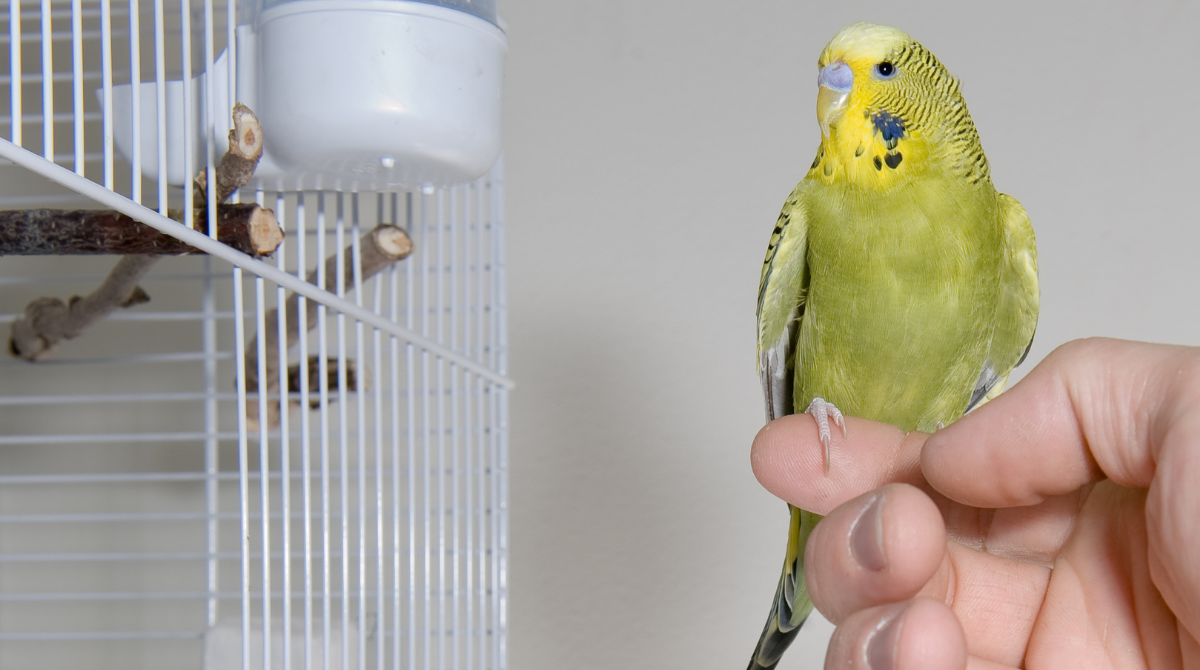Birds are attractive and intelligent animals but we should follow bird care tips for maximum results and after that you will see the pets as excellent companions. To reap the benefits of bird ownership and keep your bird healthy and happy, a lot of love and care are required.
Providing Food for Your Bird
It is critical that your bird receives the nutrition it needs for growth, health, and adult development. Choose a feed that has been formulated by a nutritionist to supply all of the nutrients and vitamins needed for healthy development, as well as to aid in disease prevention. Feeding the appropriate diet to your bird throughout its life will help it combat a variety of health issues.
Cuttlefish or mineral stones should be available at all times for your bird because they are a good source of calcium and aid with beak health and shape.
Grit is crucial in your bird’s diet since it aids in seed digestion and egg shell development when breeding.
Avocados, fruit seeds, rhubarb, chocolate, onions, raw or dried beans, eggplants, cherries, beetroot, cabbage, and oxalis should be avoided by your bird.
Pears, strawberries, blackberries, blueberries, raspberries, broccoli, celery, capsicums, cauliflowers, carrots, cuttlefish, spinach, zucchini, or pumpkin are all safe foods to offer your bird in moderation.
Always have fresh water available for your bird and refresh it on a daily basis.
Perches and Aviaries
Birds are typically housed in aviaries or cages, but aviaries are the preferred housing option because they allow far more space for your bird to exercise. When selecting a cage, try to select the largest cage that will offer ample area for your bird to expand its wings. Your bird’s head should not be able to fit through the bars, and the cage should be robust enough that your bird cannot bend or chew through the bars.
Cover the aviary’s flooring with grit or newspaper and clean it at least once a week, including emptying and replenishing the grit.
Place the aviary or cage in a well-ventilated area that is free of draughts and direct sunshine.
Most cages and aviaries include a perch, however the perches are frequently too smooth. A perch should be quite rough to prevent overgrowth of nails and skin diseases. A tree limb is a free and excellent solution, or perch covers and mineral perches are available in our stores.
Handling
Because birds are often stressed, it is best if your bird becomes acquainted to you over a period of several days. Instead of grabbing your bird right away, put your hand in the aviary or cage with some food, and your bird will ultimately step on your finger.
Toys and Physical Activity
It is critical to give toys and puzzles for your bird within their enclosure. Birds, being highly clever animals, require stimulus to avoid boredom. Tame birds must be allowed out of their enclosures on a regular basis to maintain fitness and prevent obesity.
Health
Aviary birds should be wormed every three months, while indoor birds should be wormed at least twice a year.
To keep mites and lice at bay, treat your bird with a mite and lice spray every 6 weeks. Spray your bird, as well as the cage and toys, according to the directions on the package. Remove any food and water before beginning treatment.
When your bird appears to be ill, you should take it to the vet. Keep a watch out for any of the following signs in your bird: not eating, puffed up feathers, excessive sleeping, vomiting up, abnormal droppings, sitting low or near the bottom of the aviary/cage, and discharge from nostrils, eyes, or beak.
The following are examples of common avian illnesses and diseases:
Tumors that are malignant, lymphomas, and fatty tumours These can be benign or malignant and can be caused by seed-only diets.
Scaly Face are little critters that can reside on your bird and harm its health. Budgies are particularly prone to this.
A shortage of iodine produces goitre, which causes the thyroid gland to expand.
Megabacteria is a big microbe that rapidly depletes a bird’s strength, energy, and hunger.
